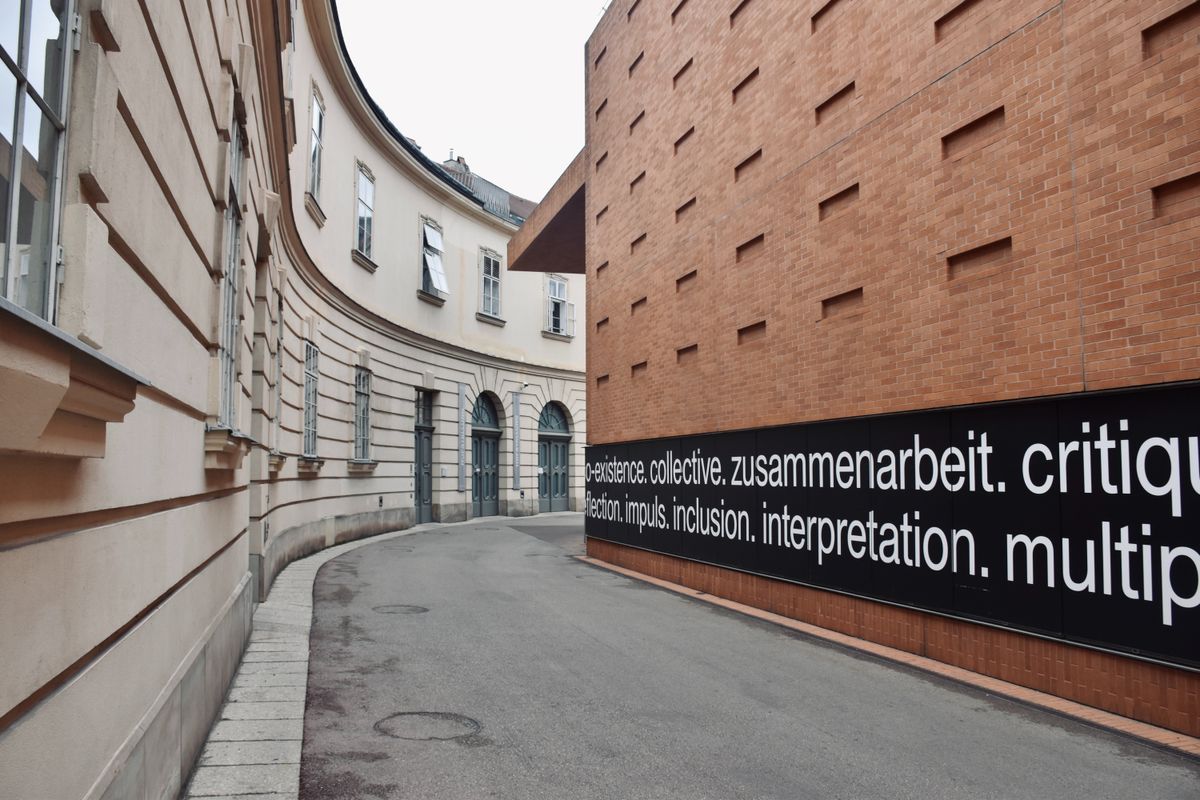Learn words as concepts
To learn a word, reconstruct the concept it denotes and mentally compose a sentence that refers to self.

To understand how to learn words well, we shall first understand what a word is. A word is a sequence of visual marks that denotes a concept that refers to some concrete in reality. Let’s take the word “chair.” When you read “chair,” you do not imagine a specific object in your apartment. And when I write “chair,” I do not mean a small grayish IKEA chair I usually sit on when I have lunch. By “chair,” both you and I understand a concept of a chair, an abstraction that subsumes any amount of objects that fit the following definition: “a separate seat for one person, typically with a back and four legs.” A word, therefore, is a set of symbols we use to refer to that definition.
The definition itself is a product of concept-formation. The process of concept-formation is a sequence of actions our minds perform to think in abstractions rather than concretes. For example, when you are in your living room, your mind perceives objects in that room. Some of those objects look similar to each other, like chairs. The mind focuses on the similarities between those objects (e.g., a specific shape), isolates chairs from other objects that look different, and then integrates those concrete, similar-looking things into a new single unit of thought, a concept of a chair. To put the concept back to reality, we give it a name that identifies what makes its instances different from other things. Therefore, “a chair is a separate seat for one person, typically with a back and four legs.”
To learn a word, you need to reconstruct the concept it denotes and mentally compose a sentence that refers to self. Let’s suppose I wanted to learn the word “seafarer.” First, I’d look up its definition: “a person who regularly travels by sea; a sailor.” After I grasped the meaning, I would mentally imagine a set of people that fit the definition. Next, I’d reconstruct the concept by noticing specific attributes that all these people have in common (e.g., clothes, hair, profession). Finally, I’d mentally construct a sentence that refers to my self: “In 2018, I went to Finland, a country of seafarers.” By referring to self, I’d create thousands of potential recall opportunities because self is the most widely-used concept we know, the one to which we connect everything else.